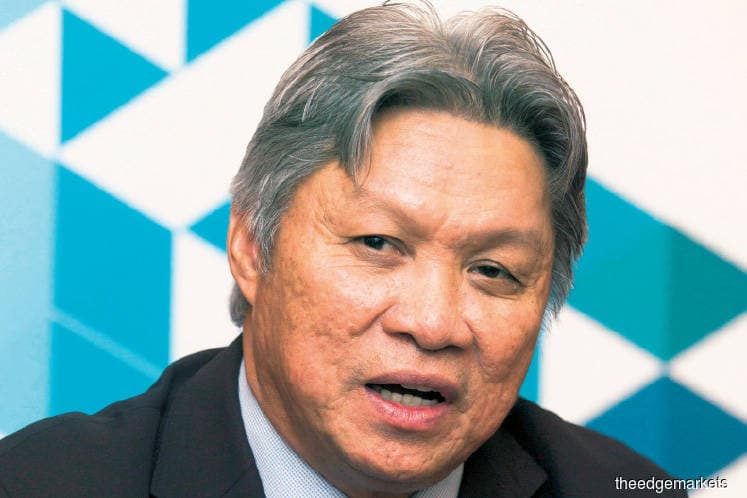
This article first appeared in The Edge Financial Daily on January 18, 2019
KUALA LUMPUR: The Inland Revenue Board (IRB) says its ongoing Special Voluntary Disclosure Programme (SVDP) actually provides an avenue for affected taxpayers to avoid future scrutiny.
“With proper compliance, the SVDP is also a window of opportunity for affected taxpayers to avoid future scrutiny, as we will accept in good faith any voluntary disclosures made during the period,” said IRB chief executive officer Datuk Seri Sabin Samitah (pic) during a keynote address at the Malaysian Institute of Accountants’s (MIA) seminar on the SVDP yesterday.
He stressed that the information received by the tax authorities under the exercise will be treated as confidential, in accordance with tax laws.
He also highlighted that technology such as Big Data tools, coupled with enhanced international collaboration among regulators has made it increasingly difficult for individuals or companies to hide undisclosed income.
“For example, under the Organisation for Economic Co-Operation and Development’s (OECD) initiative to increase transparency of taxation, Malaysia has implemented the Automatic Exchange of Information (AEOI) with other foreign tax authorities to obtain information to support tax audit and tax investigation activities. This initiative started in September last year,” said Sabin.
During a panel discussion on the SVDP, tax consultant and Chartered Tax Institute of Malaysia council member Chow Chee Yen said a lot of taxpayers are taking a “wait-and-see” approach on the SVDP.
“Their first response on [the SVDP] is that it is too good to be true, whether the IRB is really going to accept their declaration in good faith with no further review to be done. As tax consultants, this is the challenge that we face in convincing our clients.
“So this is where the IRB has to emphasise, in road shows and forums such as these, to taxpayers that it is true, [that] everything will be accepted in good faith and will start anew from YA (Year of Assessment) 2018, so [information] voluntarily disclosed [by taxpayers] in the past, those cases will not reopened again [by IRB],” he said.
On its website, the IRB gave the assurance that no further review will be made on information disclosed under the SVDP, and that audit action will not be taken on the year of assessment in which the voluntary disclosure is made.
“You may ask, legally speaking, is that assurance given by IRB enforceable or not? Can we hold the IRB to that assurance — assuming the IRB decides to go back on that assurance and reopens a matter that has been reported under the voluntary disclosure process. Can you stop them from doing it?
“My view is that once the IRB comes out and makes a public statement that they are going to accept all disclosures made in good faith, it becomes a legally enforceable obligation on the part of the IRB,” said Sudharsanan Thillainathan, a senior partner at law firm Steven Thiru & Sudhar who was also on the panel.
“My understanding, based on materials that have been published by the IRB, is that unless some third parties come forward with some information that contradicts the disclosure that has been made [by a taxpayer], the IRB cannot independently re-open the matter,” he added.
To a question raised on whether there would be refunds by the IRB should there be an over declaration of taxes under the SVDP, IRB’s sole representative on the panel said taxpayers have the right to appeal.
“To be fair to taxpayers they can appeal, but the whole process will be cumbersome,” said the agency’s director of quality and innovation management division, Arief Putera Mohd Sharipudin.
The SVDP, started on Nov 3 last year, offers an avenue for taxpayers to voluntarily declare any unreported income or over-claimed expenses for Malaysian tax purposes.
Taxpayers will receive reduced penalty rates during the SVDP period. If a disclosure of unreported income is made between Nov 3, 2018 and March 31, 2019, the penalty will be 10% of the tax payable. If the disclosure is made between April 1 and June 30 this year, the penalty will be 15% of the tax payable.
Once the programme ends on June 30, the penalty rate can range between 80% and a maximum 300%, as provided for under the existing tax laws.